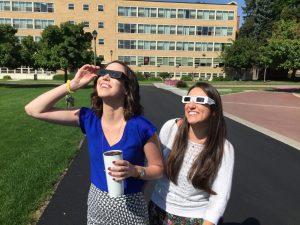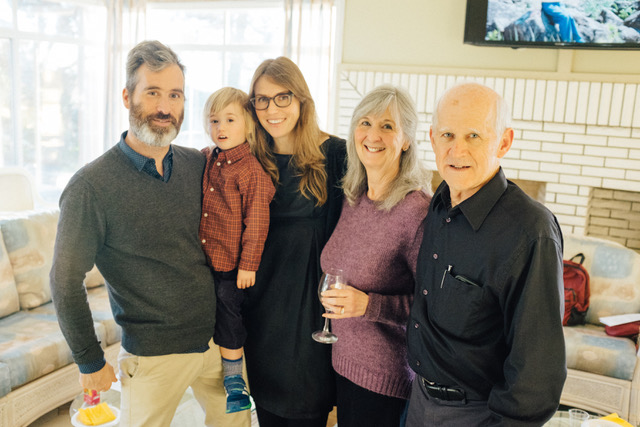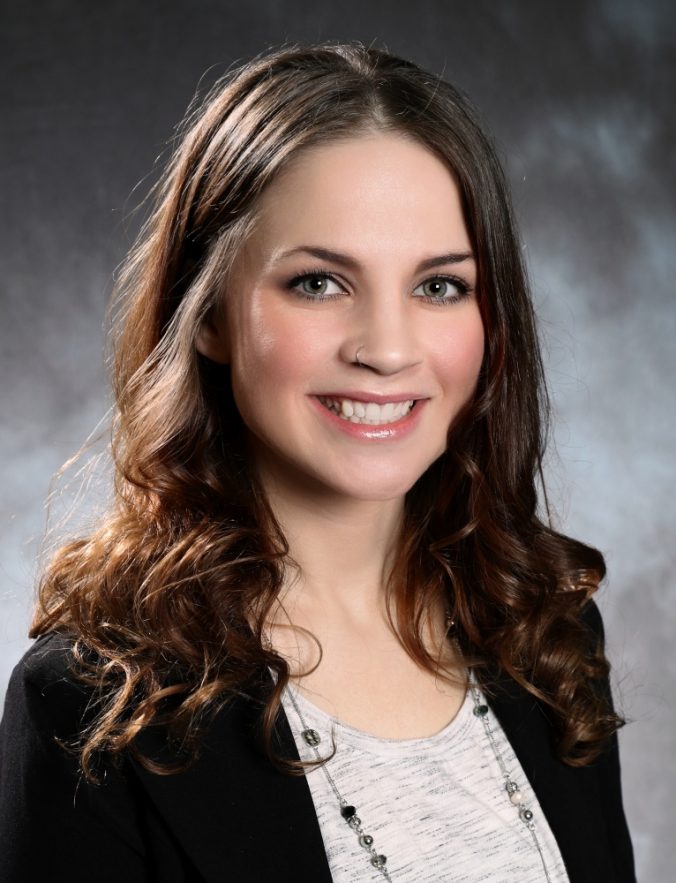In the Department of Educational Leadership and Administration, the instructors travel to each cohort’s city to teach on site. In Williams Lake, British Columbia, the population is made up of 3 First Nations as well as the descendants of European settlers. Rhonda, and others in her cohort, helped the instructors learn and understand the dynamics of the area. From the first day of class, Rhonda advocated for and celebrated the many ways our cohort was diverse – professional role, gender, race, and age. She very graciously responded when others were less gracious and consistently showed the attitude of a learner. She was committed to learning from everyone and every situation. She was also able to raise the tough questions. Several of her instructors trusted her to facilitate discussion of these questions with the group. In these ways, she was exceptional.
But what really set Rhonda apart was her commitment to support everyone else. She was aware of every candidate’s needs in the group and wanted each person to succeed. Instructors were also on the receiving end of this support. In our program, each candidate completes a 5-chapter capstone which is analogous to a thesis. When I would call to check in on her progress in the capstone, she would ask how I was doing. So she showed care and commitment in supporting me!
Throughout her personal and professional life, she spends all of her time supporting individuals. But she also interacts with the larger system, seeking to improve them. In her Oral Exam, she told me, “I’m done waiting for someone else to do those things!” Congratulations to Rhonda!
-Dr. Elaine Radmer





